Tejano Border Culture: Growing Up in South Texas
(Also a warning about "Mexican Pickles" & "Mexican Ketchup")
Confession time: I grew up in rural South Texas in the 60's & 70's. It was a time of demographic & cultural upheaval. When my small town became majority Hispanic it resulted in headlines in the nearest "big city" newspaper in Corpus Christi: “Majority now the Minority in Kingsville, Texas” it read.

That was an earth-shattering headline for a lot of the parents and grandparents of my fellow Anglo & Mexican-American classmates alike - but not so much to those of us attending their public schools (and living the changes that were underway).
Ours were among the first generations there to widely socialize, date & marry regardless of ethnicity after decades of segregation by race and class (much to the consternation of many of our Anglo & Mexican-American forebearers).

There were exemplars among the generations that preceded us:
My (Anglo) uncle - for example - used his Ph.D. to mentor first-generation Hispanic students at what was then "Texas A&I University" in Kingsville and went on to found what became Texas A&M International University in Laredo - one of the first Hispanic-majority universities in Texas. He will forever be one of my role models.
My small hometown also produced some giants of Texas Hispanic History: Hispanic "Kineño" cowboys who built the legendary King Ranch:
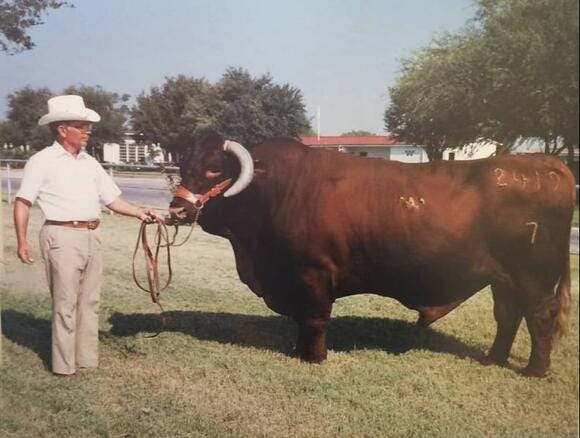
A son of a Kineño who went on to become the first Hispanic elected Sheriff of my county:
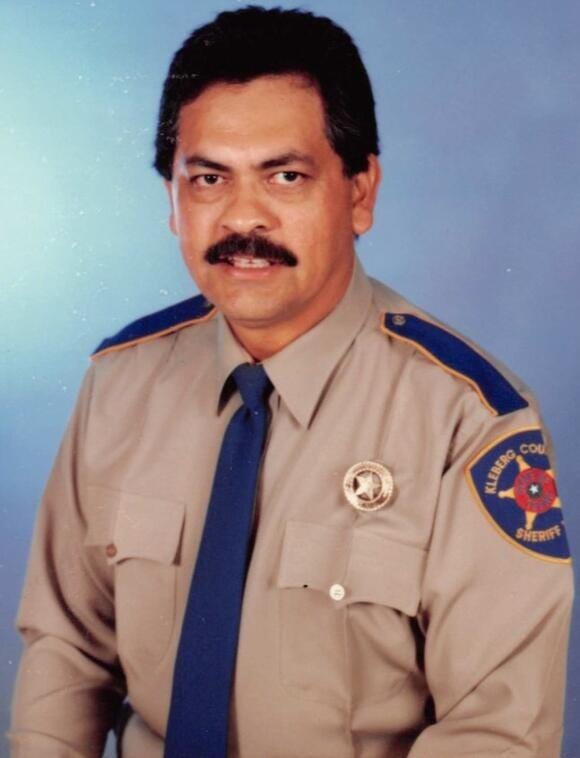
And a Kineño Korean and Viernam war hero - who went on to become the United States Army's first Hispanic four-star general - for whom "Fort Cavazos" in Killeen was renamed (from “Fort Hood”) in 2023.

The Oxford English Dictionary defines a"Tejano" as a "Mexican American inhabitant of Southern Texas" but looking back on my experiences I believe it also defines the shared cultures many Anglo and Hispanic children experience there to this day: a mixture of "Anglo" and "Hispanic" traditional lifestyles and histories that must be lived to be appreciated.
For example, whenever any unfortunate Anglo kid from "up north" arrived at our South Texas schools, we'd all (Anglo & Hispanic alike) helpfully instruct them in Spanish ---- except every "common Spanish phrase" we taught them was an extremely profane one.
It was a devilish pleasure to watch our newly arrived classmates demonstrate their newfound "Spanish" skills to the horror of our teachers and parents.
In our (meager) defense we were mischievous junior high & high school students. Would you expect any less from us?
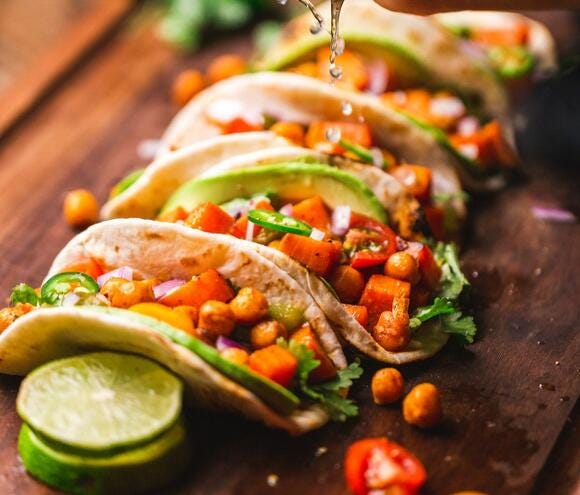
And - since "Taco Bell" was not a national thing yet- we also got to torture the hapless yanqui snowbirds who wandered into what (to them) were our mysterious "Mexican Restaurants."

“Ma’am, have you tried one of these Mexican pickles?” we’d innocently ask -as we dropped a potent jalapeño (or two) onto her plate.

Or: "Sir, please try the "Mexican Ketchup" we'd helpfully suggest, as we slid a squeeze bottle of homemade Chile Pequin Salsa toward their plate. (The Pequin Pepper is about 30,000-60,000 on the Scoville Scale - almost ten times hotter than a Jalapeño).
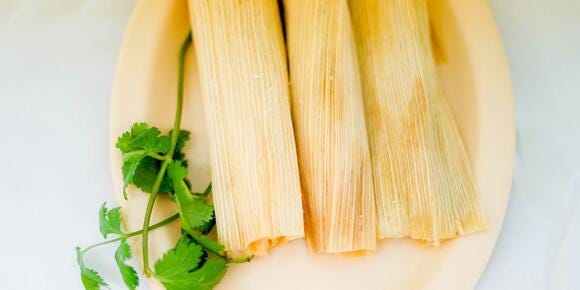
We also reveled in watching Northerners attempting to eat their first tamale - which they invariably bit into without removing the corn husk - a faux pax that Gerald Ford committed while campaigning in San Antonio in 1976 that many believe cost him the Texas vote as well as the Presidential election.
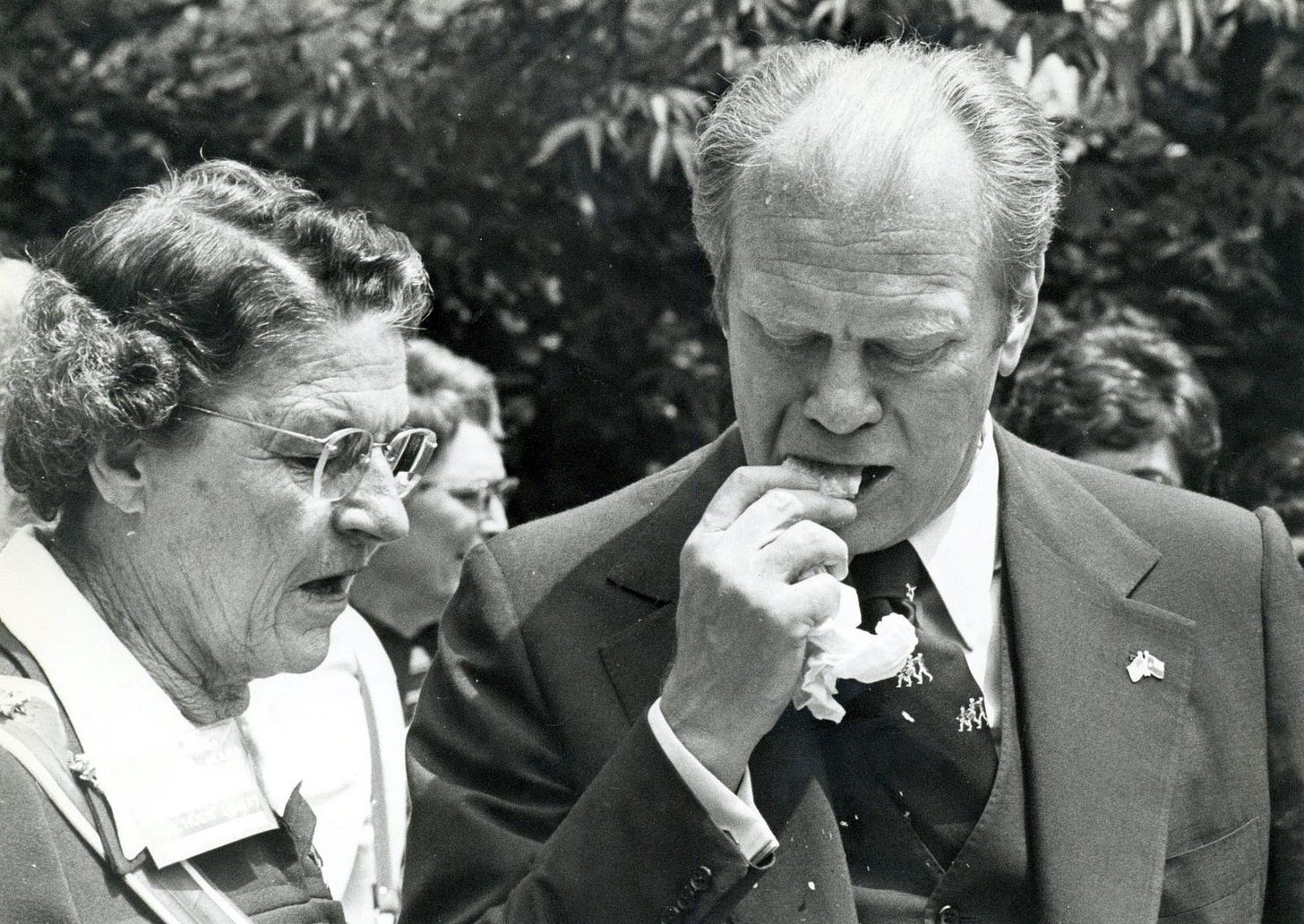
This "Spanglish" upbringing would haunt me at one of my first full-time jobs in Arkansas when the General Manager who hired me at his television station wondered if I was not a "New Yorker" because I "talked so fast." (I spoke English with a Spanish cadence familiar to many South Texans).
I also caught myself "counting down" a puzzled Arkansas TV crew to roll a tape in Spanish while producing a newscast - something I did without thinking at my previous job in Corpus Christi. (I left for a job at a TV station in California where "Spanglish" was more acceptable shortly afterward).

It's been decades since I lived in South Texas, but it instantly feels familiar whenever I return. My Spanglish is a bit rusty, but at least I know to remove the husk from a tamal whenever I eat one -- as well as to (very) cautiously apply any homemade salsa (or not take a big bite of any “Mexican pickles”) offered to me.
Do you have any Border Stories you’d like to share? Feel free to leave a comment on this article!
Abrazos,




